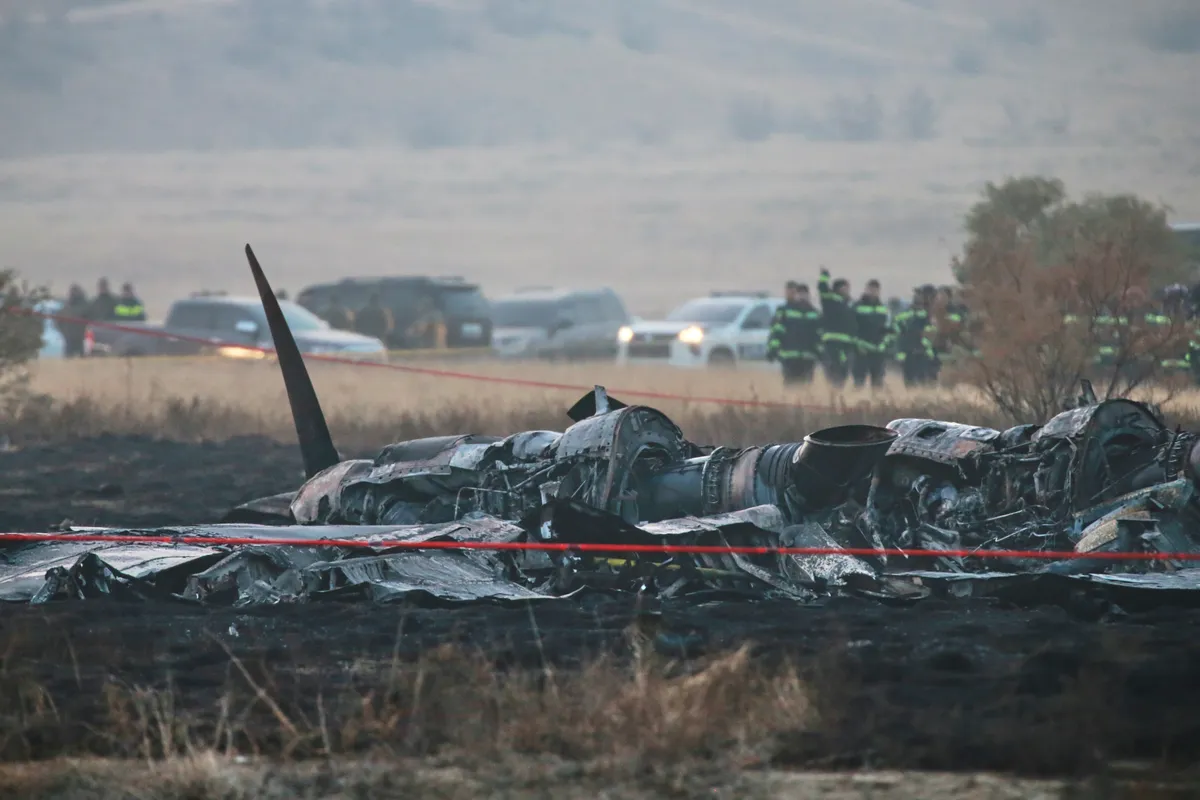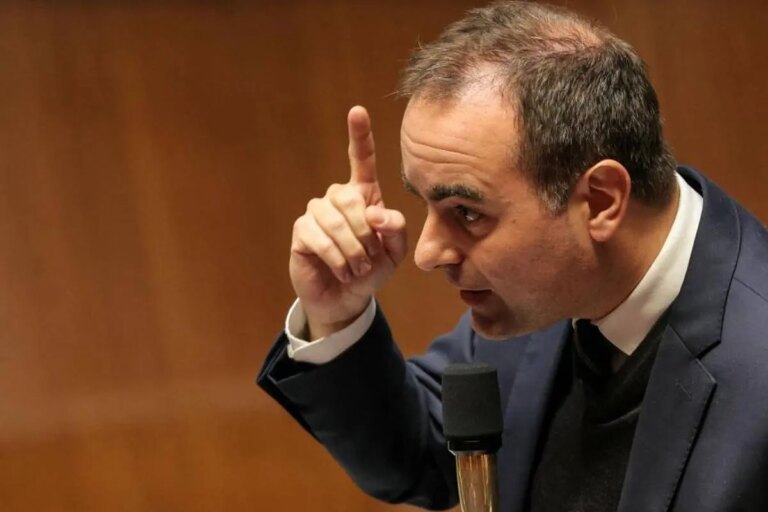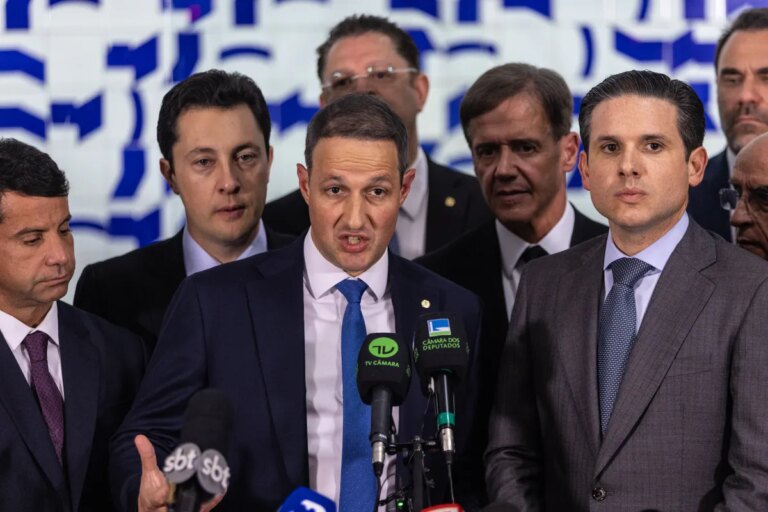
Turkish authorities announced Wednesday that all 20 people on board a military plane that crashed in Georgia on Tuesday were killed. Details of the cause of the crash are not yet clear, but Turkish and Georgian authorities are conducting tests at the scene.
The C-130 cargo plane left Azerbaijan for Turkiye. Images from the scene near the border with Azerbaijan showed ambulances, fire trucks and military vehicles surrounding the burnt plane, and search and rescue teams scanning the terrain.
Unverified videos posted on social media on Tuesday showed the plane breaking apart in the air, bursting into flames and spiraling towards the ground.
Today, the Turkish Ministry of Defense released a list of 20 dead soldiers.
After the fall, Azerbaijan, Georgia, Germany, the United States, Russia, and the North Atlantic Treaty Organization (NATO) sent condolences and expressed solidarity with Turkey. The Turkish government said it was closely coordinating the investigation with Azerbaijan and Georgia.
Lockheed Martin, the U.S. defense company that manufactures the C-130 Hercules, said it is fully committed to cooperating with the investigation.
Some analysts said the footage showed the plane breaking up mid-flight, adding that Turkey’s C-130 fleet is old and in need of updating despite the aircraft’s reliability.
Jarrod Phillips, a former U.S. Air Force C-130 expert, said: “Images show the tail section separating during flight and fuel leaking from the wingtip valves, suggesting the crew may have been dumping fuel for an emergency landing.”
Flightradar 24 and two Turkish defense analysts said the plane that crashed was 57 years old and had joined the Turkish Air Force in 2010.
In October, Turkey’s Ministry of Defense announced an agreement with the UK to acquire 12 C-130J aircraft. The ministry said the aircraft will be maintained and modernized in the UK before entering service in Turkiye.
The crash was Turkey’s worst military incident since February 2020, when Russian-backed Syrian forces killed 33 Turkish soldiers in Idlib, northwestern Syria, where Turkey was supporting rebels seeking to overthrow the Syrian government. It was also the worst non-combat-related incident in more than a decade.



